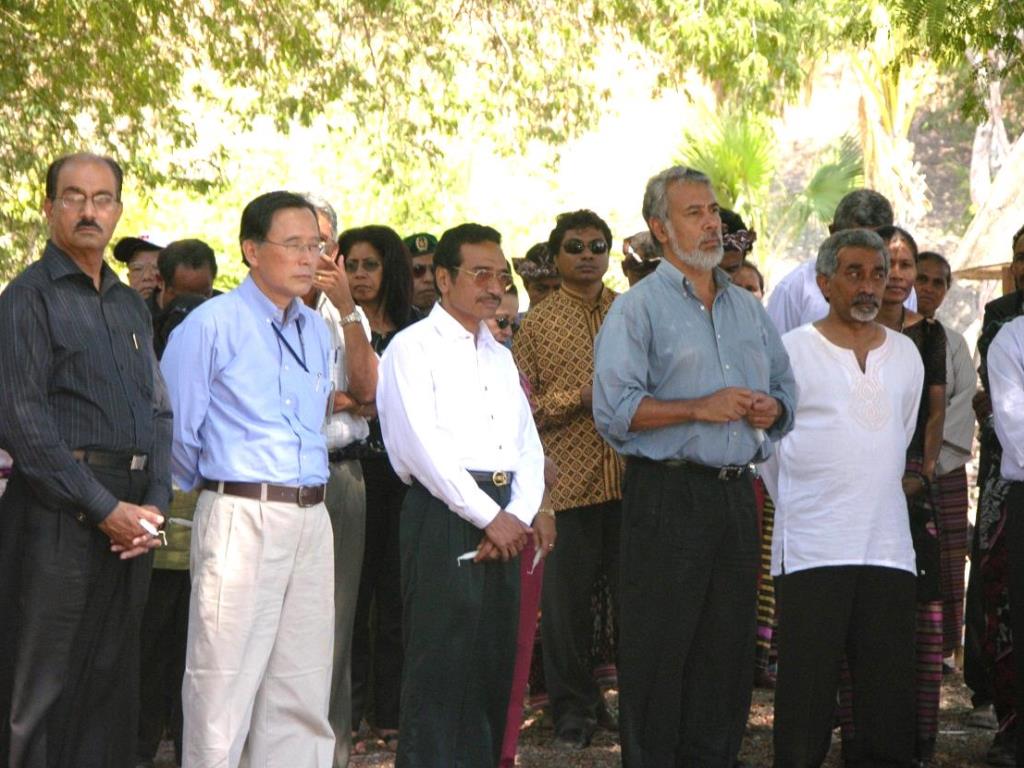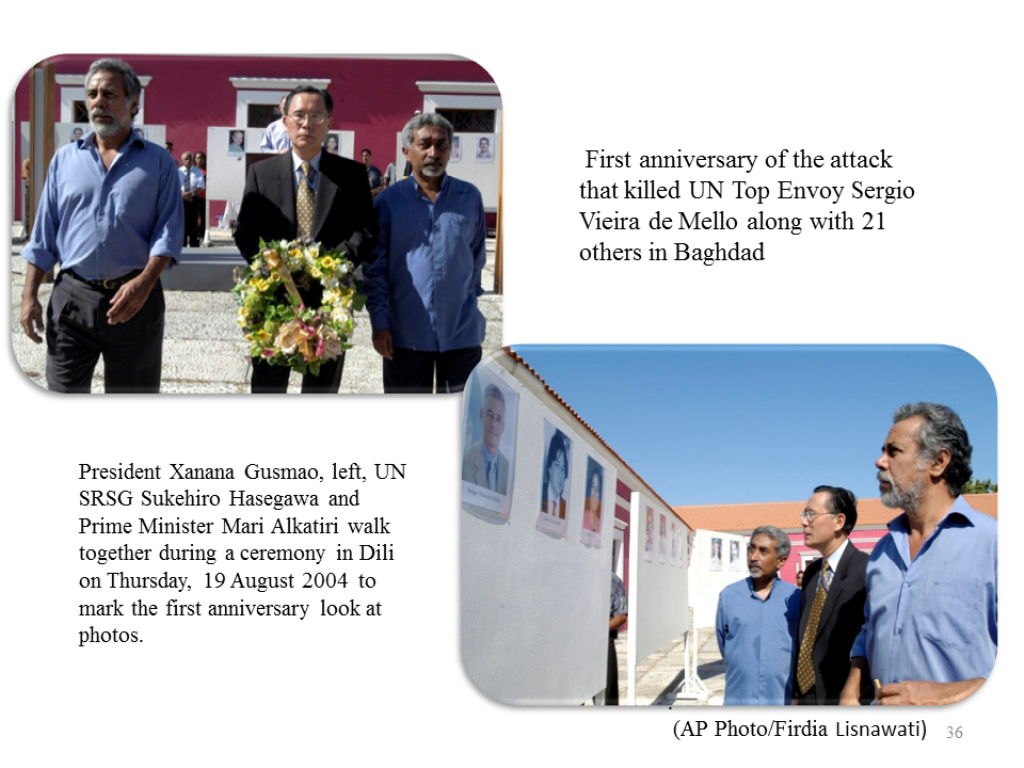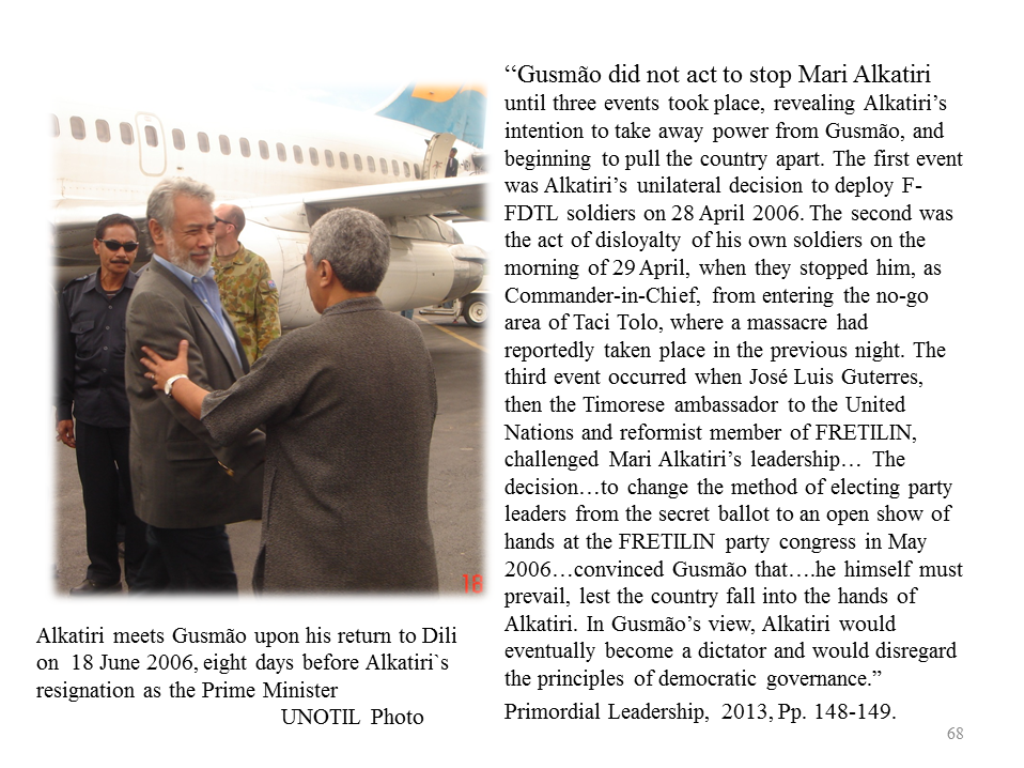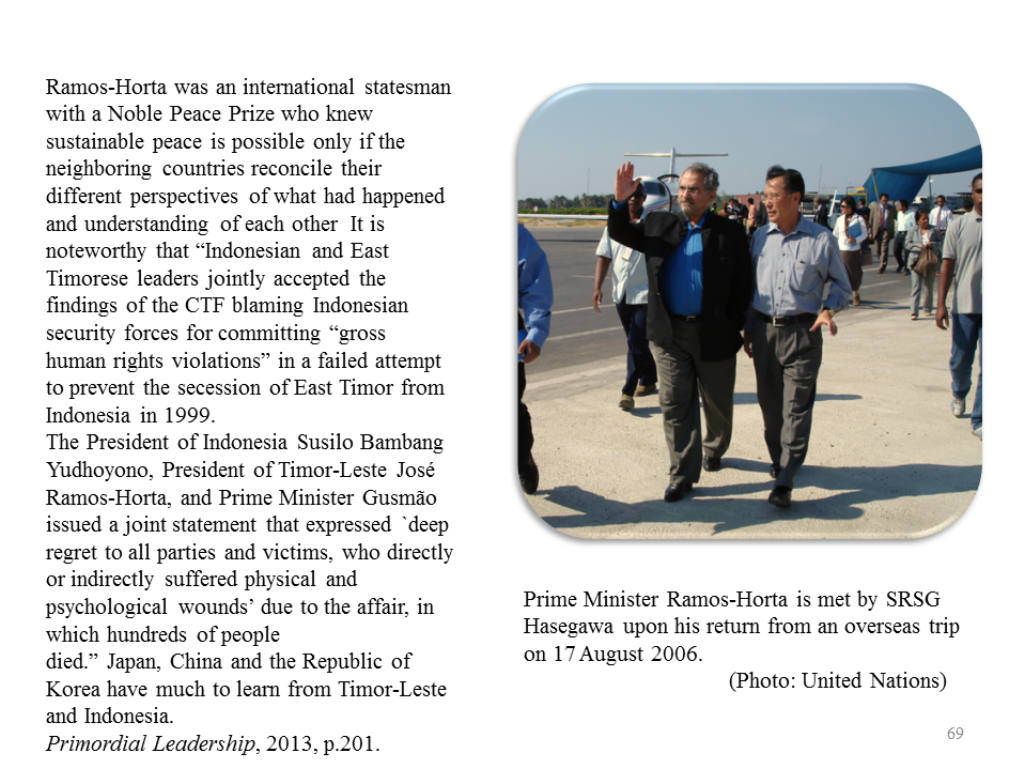In April 2016 issue of the UN Chronicle Magazine, former SRSG Hasegawa asserts, the critical task for national leaders is to secure political stability and national unity by influencing the thought and behavior of opponents.

The 2030 Agenda for Sustainable Development, adopted unanimously by the United Nations General Assembly in September 2015, declares its ultimate goal as transforming the world. The declaration states rightly that “There can be no sustainable development without peace and no peace without sustainable development.” The fact that this goal was placed only 16th out of 17 Sustainable Development Goals (SDGs) should not underestimate the importance of transforming conflict-prone countries into peaceful nations engaged in the pursuit of sustainable development.
Today, the United Nations supports over 16 peacekeeping and 11 special political and peacebuilding missions.1 Many of the countries that receive support from the United Nations are members of the g7+ group of 20 fragile States that are trying to overcome instability and move out of the conflict trap and poverty.2 Yet, many of these countries have leaders who hold on to power and wealth at the expense of national unity and welfare. My own engagement with leaders of conflict-prone countries revealed that post-conflict recovery and development depend on national leaders more than institutions with which the people may not be familiar.


To realize sustainable peace and stability in post-conflict countries, the United Nations has basically accepted and followed the political and moral philosophy developed by John Rawls in 1971.3 Liberal democracy and the rule of law, along with the protection of human rights, became pillars for governance. Constitutions have been written and state institutions of governance established to achieve fairness in society. There is no doubt that institutional capacity-building for democratic governance is desirable for sustaining peace and stability in the long run, but in the immediate aftermath of conflict there is a more urgent need to influence and transform national leaders so that they become committed to national unity and interest.

*For full text of the article, please access the following website address http://unchronicle.un.org/article/post-conflict-leadership/
*The detailed explanation of how national leaders acted to preserve national unity and prevented their country from relapsing into armed conflict in spite of their rivalry and animosity is provided in Hasegawa, Sukehiro (2013), Primordial Leadership, UN University Press, Tokyo.

Hasegawa states three major challenges that the leaders of post-conflict countries have to face; 1) building peaceful and stable societies, 2) building skilled manpower and capable institutions, and 3) achieving economic and social progress. While the point is well taken, we also need to recognize that it is very unlikely to find leaders like Timorese leaders who were “able to learn their lessons” and achieved national unity and a peaceful transfer of power. Along with the challenges mentioned by the author, in order to rebuild hope and a positive outlook in conflict prone countries, what should be addressed include: i) improving governance, ii) supporting the recovery and stabilization of war-affected populations, and iii) contributing positively towards poverty alleviation and transitioning countries to development in an equitable and environmentally sustainable manner. However, it is worth noticing that these will require years of judicious and sustained planning, training and investment through international cooperation.(Shintaro Higashiyama)